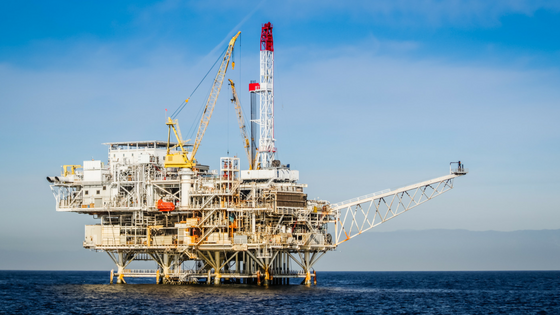The 2010 disaster of the Deepwater Horizon drilling rig was the largest accidental oil spill in U.S. history. The event claimed the lives of 11 workers and released more than 200 million gallons of oil into the Gulf of Mexico.
In the aftermath of that tragedy, the Obama administration implemented a number of new regulations for the offshore drilling industry. The goal was to prevent such an event from ever happening again.
The new regulations went into effect in early 2016. But they may be getting repealed just two years after their initial implementation.
The Trump administration is reviewing these new safety requirements. They claim that they’re too tough on the drilling industry. Lobbyists have targeted two specific regulations: the Production Safety Systems Rule and the Well Control Rule.
The Production Safety Systems Rule regulates a wide range of processes. Those included are safety and pollution prevention equipment, safety device testing, shutdown valves and systems, and high pressure / high temperature well equipment.
The Bureau of Safety and Environmental Enforcement (BSEE) has already met to revise this rule. Changes are expected to be announced soon.
The Well Control Rule is the one that specifically addresses the problem that caused the Deepwater Horizon disaster. It sets regulations for blowout preventers - specialized valves designed to relieve pressure in worst-case scenarios. Blowout preventers are often referred to as the “last line of defense.”
The idea that these new safety regulations might be revoked is alarming to some.
“The Well Control Rule draws lessons learned from the BP blowout, and applies that knowledge to reduce the risk of future disasters,” says Bob Deans, director of strategic engagement at the Natural Resources Defense Council.
According to Lois Epstein, a licensed engineer and Arctic Program director for the Wilderness Society, the new regulations were “an excellent instance of the federal government doing its job well.”
“Many in the offshore industry have closely followed rule development in the years since the BP incident and made design and operational improvements consistent with the rule,” explains Epstein. “As a result, loss of well control incidents throughout the US have trended downward from eight in 2013 to just two last year.”
Other industry experts are not so convinced.
“Frankly, the rule itself is absolutely not strong enough to make offshore drilling safe,” says Jacqueline Savitz, vice president of Oceana’s US Oceans division. “But it is better than nothing. Blowout Preventers are the last line of defense but they have serious design flaws, and are insufficiently tested. As a result they have a very high failure rate, as we saw in the Gulf.”
The irony of this situation is that several of the groups who now oppose these rules helped write them in the first place. Such groups include the American Petroleum Institute (API) and the National Ocean Industries Association (NOIA). They now argue that the rules are too costly, and also ineffective.
Randall Luthi, president of the National Ocean Industries Association, believes that “this ‘second bite at the apple’ provides an opportunity for further dialogue, discussion and debate to assure the Nation’s offshore energy resources are developed safely and expeditiously.”
But for many, the repeal of these new regulations has deeper impacts.
“To roll back that rule, to ignore the hard lessons of the BP blowout, to dismiss the lives lost on the Deepwater Horizon, would put our workers, waters and wildlife at senseless and needless risk,” adds Deans. “To do that would be shameful.”
